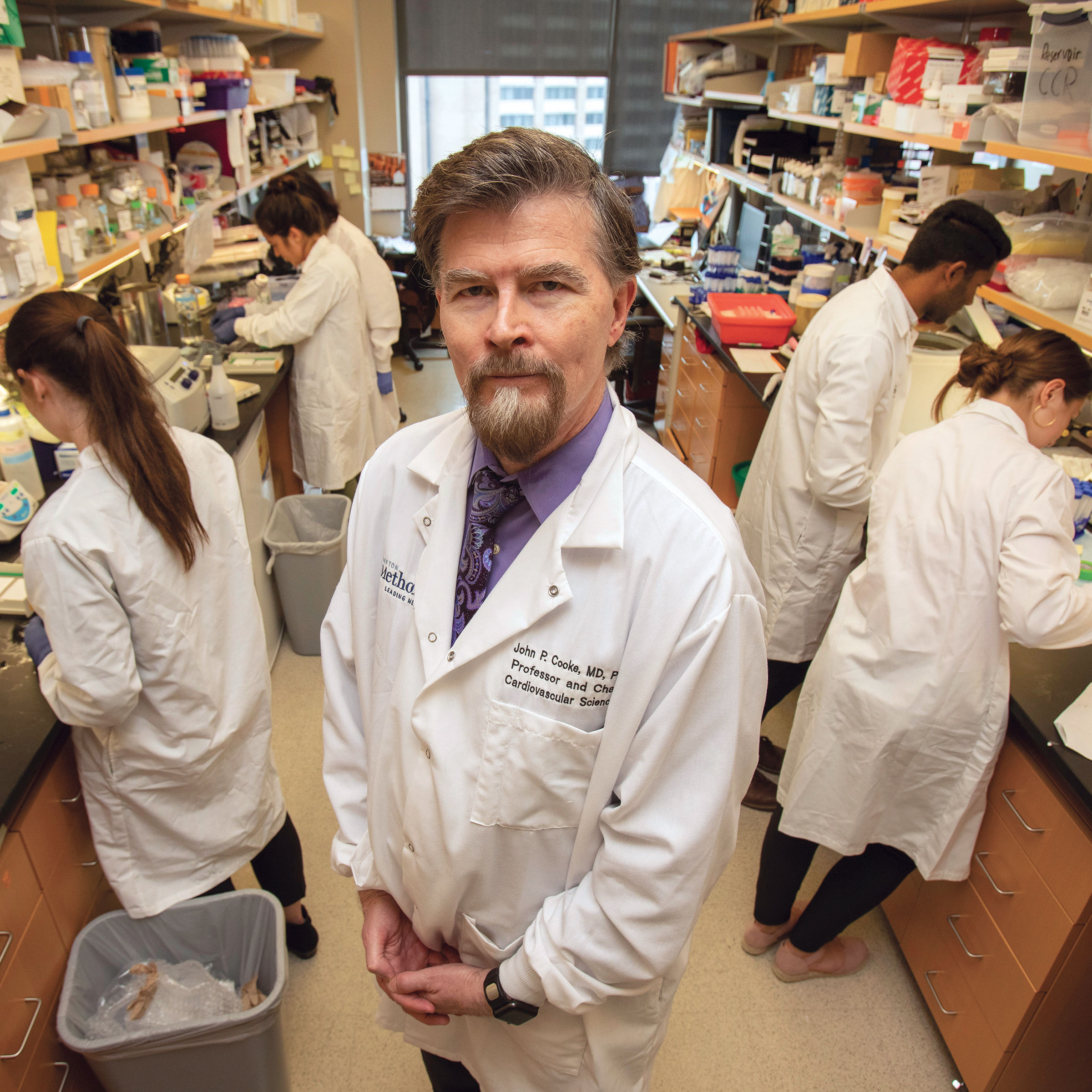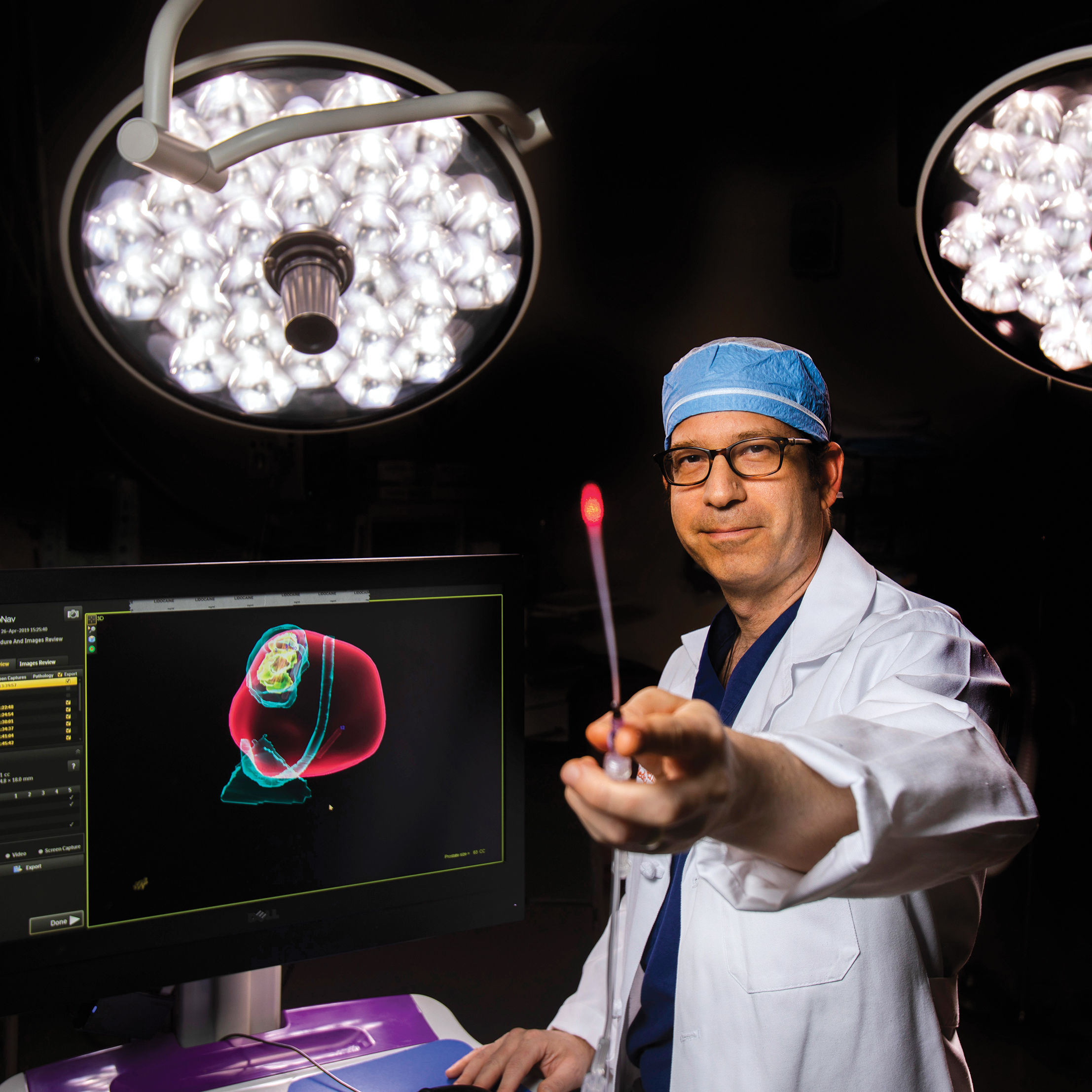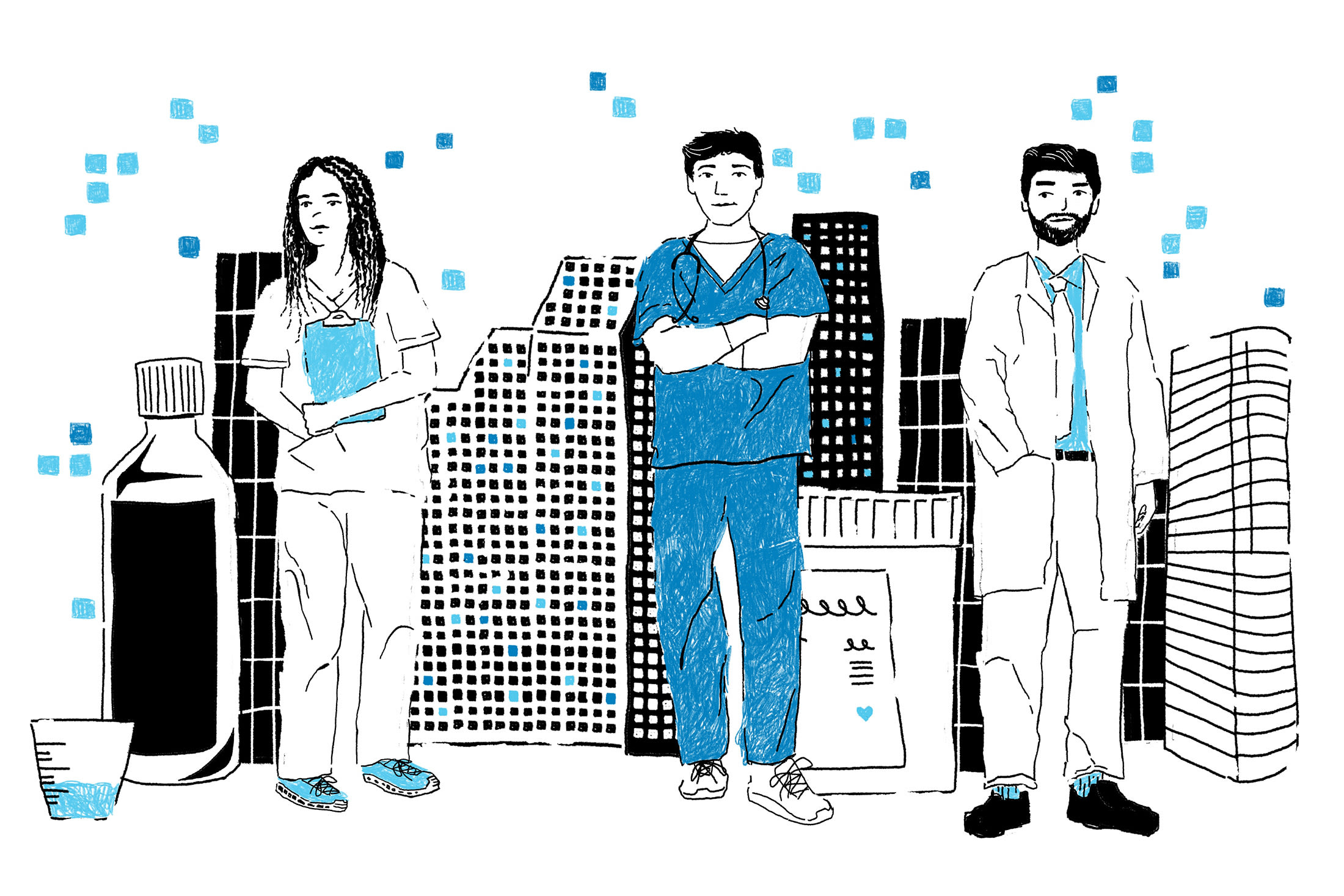At Texas Children's, a Novel Endoscopic Epilepsy Procedure

Dr. Sandi Lam is performing precise endoscopic brain surgeries at Texas Children's Hospital.
Image: Daniel Kramer
When they started their journey in 2015, the Majeeds were on vacation: Having visited London, they planned to stay in New York City for a few weeks. But that plan unraveled the moment their 10-year-old son, Umair, collapsed on the street in the Big Apple. “We were standing, and he just fell down,” remembers his mother, Bushra. “He was unable to talk, his eyes were bulging, his tongue was out.”
Vacation was officially over. As his parents knew, Umair had had a stroke at birth that left him weak on one side. After rushing him to the hospital, they learned, via an MRI, that the brain trauma had given way to epileptic seizures. Not wishing to risk an overseas return flight home, the family of five stayed in the United States.
The Majeeds landed outside Houston after Umair’s father found a position as a veterinarian in Conroe. The family sought treatment for Umair at nearby Texas Children’s Hospital, where doctors continued to prescribe him a concoction of medications in hopes of stopping the seizures, to little avail. Bushra would regularly receive calls from Umair’s school about yet another attack. He had to start wearing a helmet to protect himself from unpredictable falls, and broke his arm after one tumble.
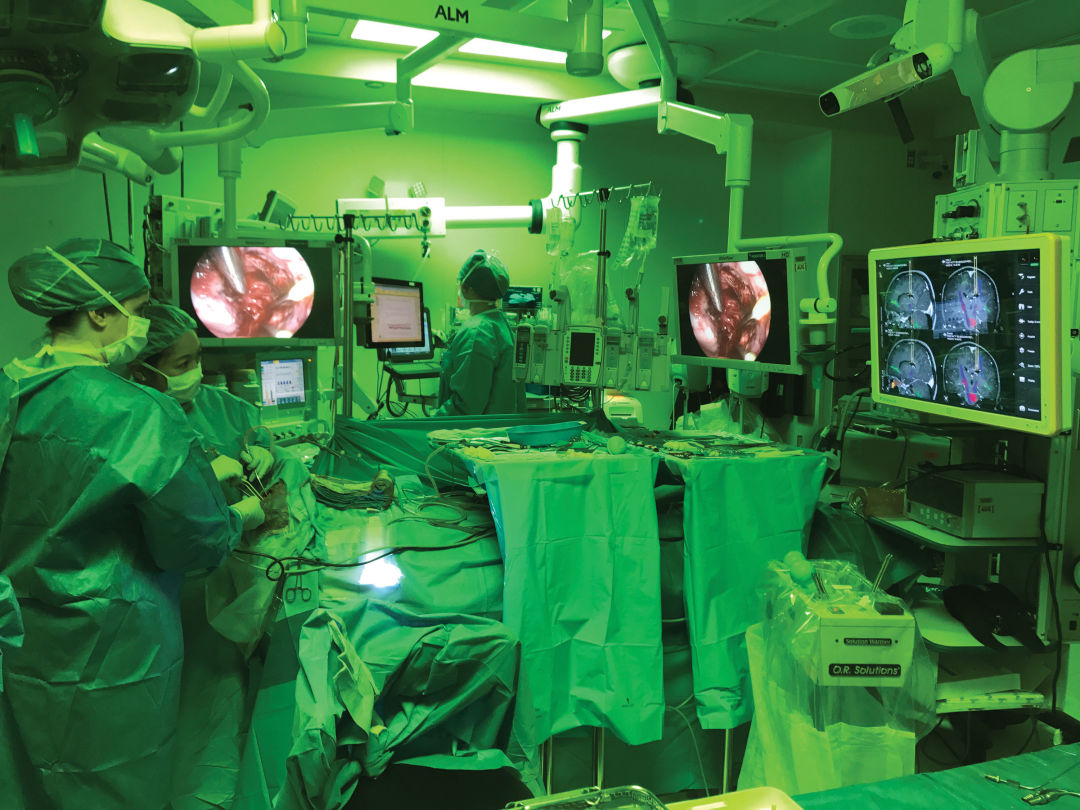
Dr. Lam in the operating room
Medication clearly wasn’t working, and further tests revealed the seizures emanated from a single area of Umair’s brain—something doctors explained in positive terms. This made Umair a good candidate for a hemispherotomy, the long-practiced procedure in which a neurosurgeon disconnects one side of the brain from the other. Without the connection, seizures can no longer spread, and the good side of the brain continues to function uninhibited. But while it has proven quite effective, doctors at Texas Children’s recently have sought to refine the procedure.
“That’s a very scary thing to hear, that we need to cut out or cut away half of your child’s brain,” says Dr. Sandi Lam, director of pediatric cerebrovascular neurosurgery at the hospital. Lam offered the Majeeds a novel option, a procedure that had been performed at just two other institutions in the world. Instead of making a large trapdoor on the side of Umair’s skull to access his open brain, Lam proposed making a small, 2-by-4-centimeter hole at the top of the head, where she would insert an endoscope, or camera, to guide micro-instruments as she uncoupled the sections of brain. This endoscopic hemispherotomy would involve the same four cuts as the traditional procedure, Lam explained, but it would limit both the blood loss and the post-op swelling—two of the greatest risks for complications and prolonged recovery.
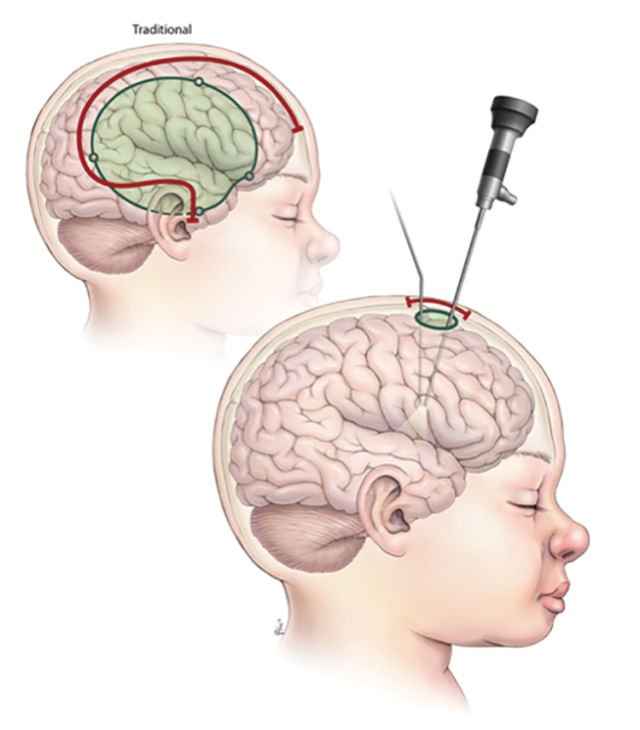
Endoscopic brain surgery limits blood loss and post-op swelling.
The Majeeds said yes, but on the day of the procedure Umair’s father almost canceled, crying at the thought of his son undergoing surgery. Maybe he could live with the seizures, he thought. But Bushra convinced him it must be done, and in November 2017, Umair went under the knife. Hours elapsed in the waiting room as the parents read their Quran. Eventually a doctor emerged to inform them that the procedure had been a success. Again, Umair’s father cried.
The six-hour surgery left little visible swelling, and the boy went home within a week. “Patients are eating, they’re playing, they’re out of bed pretty much right away, sometimes by the next day,” says Lam, who’s now performed the procedure on more than a dozen children. “It really pushes the time frame of their recovery up.”
Umair, now 13, hasn’t had a seizure since the surgery. Bushra says she finally gets to worry about her two other children, and Umair, after regular physical therapy, goes to swim practice and even plays basketball. Soon he might go off medication entirely. “It’s been a miracle,” says Bushra. “We are truly blessed by the surgery.”
